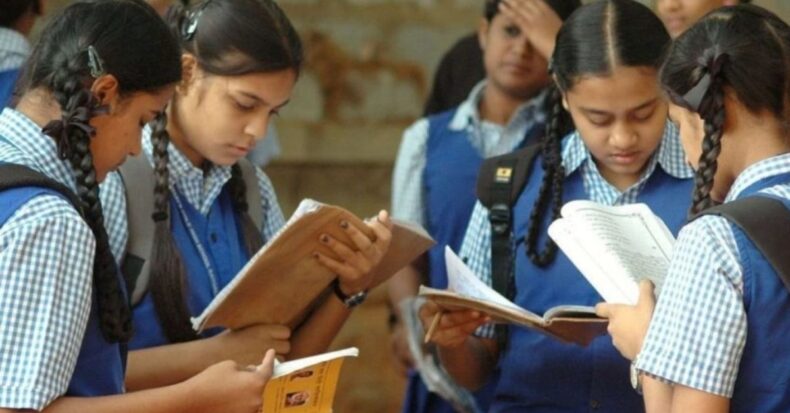The Supreme Court has stated that school administrations can take legal action if students do not pay their fee payments on time.
The Verdict:
In response to the petition seeking clarification of the Supreme Court’s order prohibiting schools from barring any student from attending classes due to nonpayment of fees, the Court on Wednesday allowed School Managements to take appropriate legal action to recover outstanding fees from students who have defaulted.
A bench consisting of Justice AM Khanwilkar and Justice CT Ravikumar has left it to the School Management to sympathetically examine any requests for indulgence made by parents or wards for legitimate grounds.
The Supreme Court has clarified in an order dated October 1, 2021, that the spirit of the earlier judge’s direction was to give the concerned parent/ward time to pay the fees as specified, including by way of instalments, and that the same does not and did not exempt the parent or ward from paying the amount specified in the judgement in any way.
The School Management has correctly pointed out to the Bench that the last day for paying the instalments referred to in the earlier ruling has now passed, even though some parents are still in arrears and have defaulted.
The previous verdict:
On May 3, the Court ruled that states cannot interfere with private unaided schools’ ability to set and collect “fair” and “permissible” school fees from parents, even in the face of a pandemic.
However, it also stated that private schools charging students fees for activities and facilities that they could not use due to the lockdown amounted to “profiteering” and “commercialization.”
The Supreme Court, taking judicial notice that classes were held online during the previous academic year, concluded that institutions must have saved money on overhead and operational costs.
According to the Court, schools must have saved at least 15% in this manner, and as a result, they must provide a reduction in annual school fees to that extent. The institutions “must gladly and proactively” lower fees to that extent, according to the Court.
A bench led by Justice A.M. Khanwilkar recently ruled that the Court’s May decision “does not bar the schools from pursuing coercive action against pupils who have failed to pay the instalments as per the agreement indicated in the judgement.”
“The essence of the judge’s direction was to enable the parent/ward concerned time to pay the fees, including through instalments… The Court highlighted in its order that “this did not and did not exclude the parent/ward from any need to pay the amount specified in the judgement in any way.”
Impact of the Verdict:
The May decision resulted from a series of petitions made by private unaided schools in Rajasthan against government notifications to defer/reduce school fees owing to the pandemic’s aftermath (lockdown) starting in March 2020.
On May 3, the Court ruled that states cannot interfere with private unaided schools’ ability to set and collect “fair” and “permissible” school fees from parents, even in the face of a pandemic.
Some exceptions:
While the Court stated that schools should take action against parents who willfully fail to pay their fees, it also stated that leniency should be extended to parents who have legitimate reasons.
“If any personal request is made by a parent or guardian who is having difficulty paying annual fees for the academic year 2020-2021 in accordance with the judgement,” the Court stated, “the school management must evaluate such representation on a case-by-case basis compassionately.”












